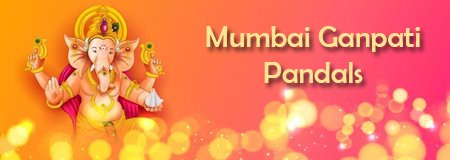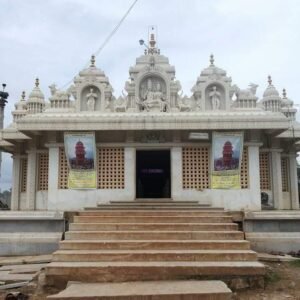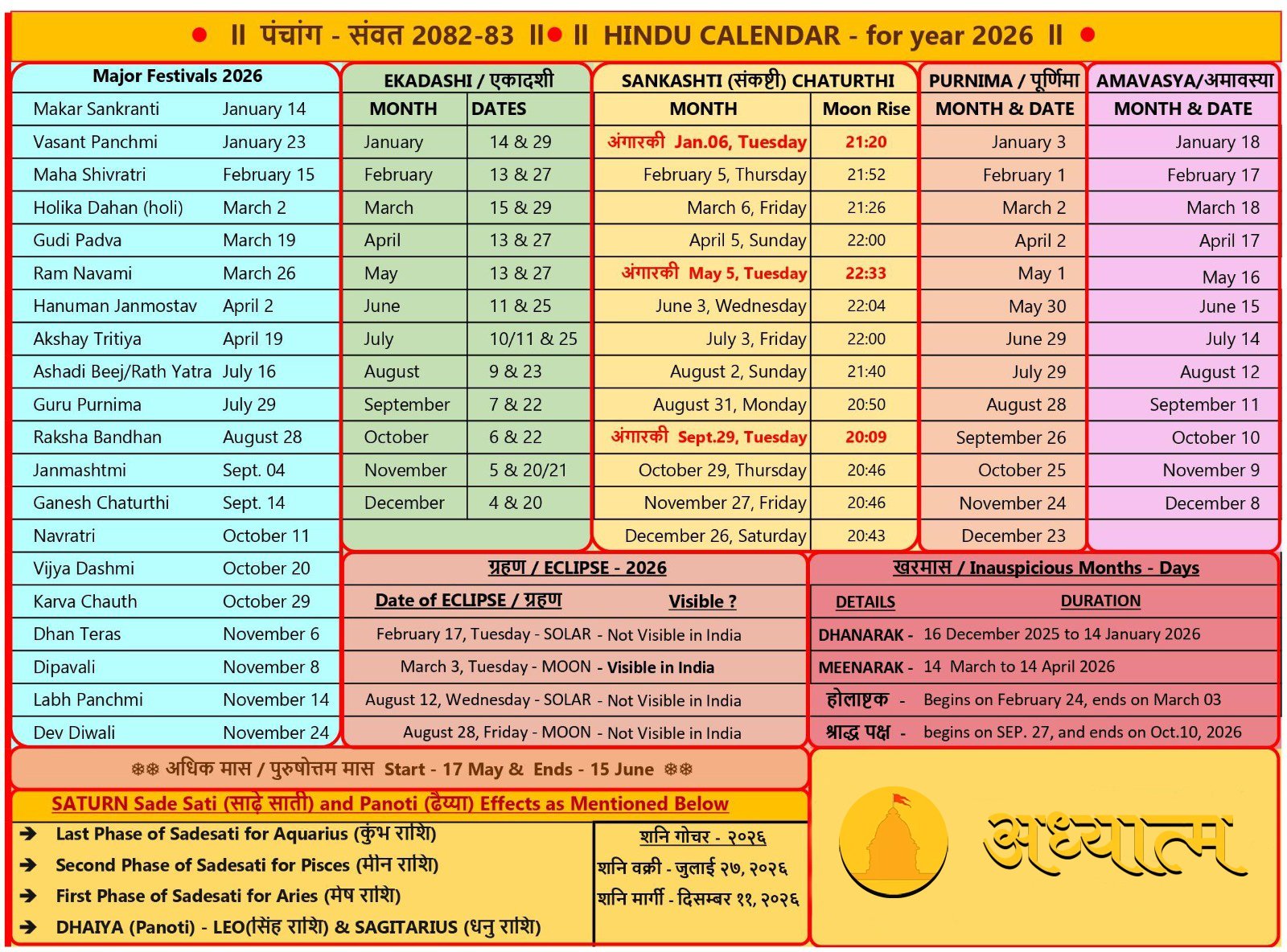Sri Narada Muni Temple
Sri Narada Muni Temple is at Chigateri near Harapanahalli in Vijayanagara district of Karnataka.This temple is also known as Shiva Narada Temple.Some adherents believe that it was Narada who was reborn as Purandara Dasa as a Haridasa (servant of Vishnu). He emphasised his works on Vithala, another form of Vishnu and the presiding deity of the temple in Pandharpur.
Narada Muni, is a sage divinity, famous in Hindu traditions as a travelling musician and storyteller, who carries news and enlightening wisdom. He is one of mind-created children of Brahma, the creator god.Narada Muni is referred to as Rishiraja, meaning the king of all sages. He was gifted with the boon of knowledge regarding the past, present, and the future.
The Bhagavata Purana describes the story of Narada’s spiritual enlightenment: He was the primary source of information among the devas, and is believed to be the first cosmic messenger upon the earth. In his previous birth, Narada was a gandharva (musical being), who had been cursed to be born earth for singing glories to the demigods instead of Vishnu. He was born as the son of a maid-servant of some particularly saintly priests. The priests, being pleased with both his and his mother’s service, blessed him by allowing him to eat some of their food (prasada), previously offered to their deity, Vishnu.
Gradually, he received further blessings from these sages and heard them discussing many spiritual topics. During the four months of rainy seasons when the sages did not leave their hermitage and stayed together, they used to recite various deeds of Vishnu, and from there Narada used to hear these stories. After his mother died, he decided to roam the forest in search of enlightenment in understanding the ‘Supreme Absolute Truth’.
Reaching a tranquil forest location, after quenching his thirst from a nearby stream, he sat under a tree in meditation (yoga), concentrating on the paramatma form of Vishnu within his heart as he had been taught by the priests he had served.After some time Narada experienced a vision wherein Narayana (Vishnu) appeared before him, smiling, and spoke: “that despite having the blessing of seeing Him at that very moment, Narada would not be able to see His (Vishnu’s) divine form again until he died”. Narayana further explained that the reason he had been given a chance to see his form was that his beauty and love would be a source of inspiration and would fuel his dormant desire to be with the Vishnu again. After instructing Narada in this manner, Vishnu then disappeared from his sight. The boy awoke from his meditation, both thrilled and disappointed.
For the rest of his life, Narada focused on his devotion, meditation upon and worship to Vishnu. After his death, Vishnu then blessed him with the spiritual form of “Narada” as he eventually became known. In many Hindu scriptures, Narada is considered a saktyavesa-avatar or partial-manifestation (avatar) of God, empowered to perform miraculous tasks on Vishnu’s behalf.
In Indian texts, Narada travels to distant worlds and realms (Sanskrit: lokas). He is depicted carrying a khartal (musical instrument) and the veena, and is generally regarded as one of the great masters of the ancient musical instrument. This instrument is known by the name “mahathi”, which he uses to accompany his singing of hymns, prayers, and mantras. In the Vaishnavism tradition of Hinduism, he is presented as a sage with devotion to the preserver deity Vishnu. Narada is described as both wise and mischievous in some humorous tales. He is notorious for being meddlesome, provoking conflict between both the gods and the demons for the sake of their wisdom as well as for his own entertainment. Vaishnavas depict him as a pure, elevated soul who glorifies Vishnu through his devotional songs, singing the names Hari and Narayana, and therein demonstrating bhakti yoga. The Narada Bhakti Sutra is attributed to him. He would usually make his presence known by vocally chanting “Narayana, Narayana” before appearing in a scene.

















